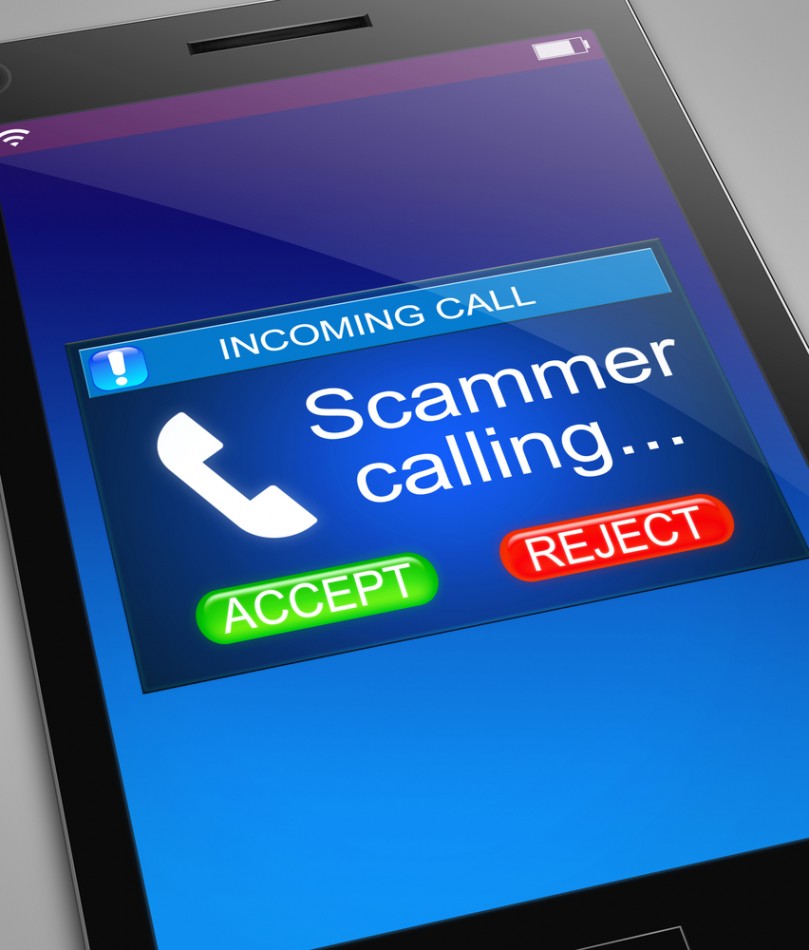Beware These Utility Scams

Gas, electricity and water are not purchases you regularly think about.
However, if someone called and said your account was overdue and that your service was about to be shut off, it’d be frightening. You might do whatever they say to avoid the consequences. And that’s exactly what scammers are counting on.
The Department of Consumer Affairs has warned of a new scam targeting utility customers. A scammer calls and claims the potential victim is overdue on a utility bill, and that someone is coming to turn the power off. The scammer will instruct the victim to go buy a prepaid debit card. The scammer asks for the number on the card and then takes its whole value. Transactions on these cards are difficult to trace, which means recovering the money is nearly impossible.
If you’re targeted by one of these scams, stay calm and don’t succumb to threats.
Know your rights
Utility companies don’t operate like these scammers. No utility company representative would tell you that your service will be shut off in minutes unless you pay immediately. There are regulations that govern how and when service can be turned off.
First, they’re required to send a notification of termination, a letter identifying the reason, the date, and how you can prevent this shut-off. This process is cumbersome, so most companies won’t send one until you’re more than two payments behind.
Second, turning your service off is expensive, so utility providers will first make several attempts to contact you. Ask for a record of past attempts at contact. A utility company will gladly provide this information; a scammer will hesitate when questioned.
Pay it right
Utility companies process hundreds or thousands of payments every day using established procedures. They will never insist on a specific means of payment.
Always choose a secured means of payment, like your credit or debit card. These cards offer fraud protection and limit your liability if something goes wrong with the transaction.
If you’re not already signed up, Sharon Credit Union offers automatic bill payment to make paying your bills simple.
See something, say something
If you get a call like this, hang up immediately. Next, contact the Federal Communications Commission (FCC). Demanding money over the phone is illegal, as is making unsolicited commercial phone calls. Report violations of the no-call registry at complaints.donotcall.gov.
Stay ahead
If you’ve run into payment trouble with utility companies in the past, work to get ahead on your utility payments. If money is the issue, there are federal and state programs designed to help. One such program is the Low Income Home Energy Assistance Program (LIHEAP), which provides utility payment credits for low-income individuals.
You might also look into programs which average your utility payments. This can make budgeting easier, ensuring that you can pay each bill and avoid being a target for these scams.
Your Turn: Have you been targeted by a utility scam? How did you handle it? Share your wisdom in the comments!
« Return to "Blog Home"

